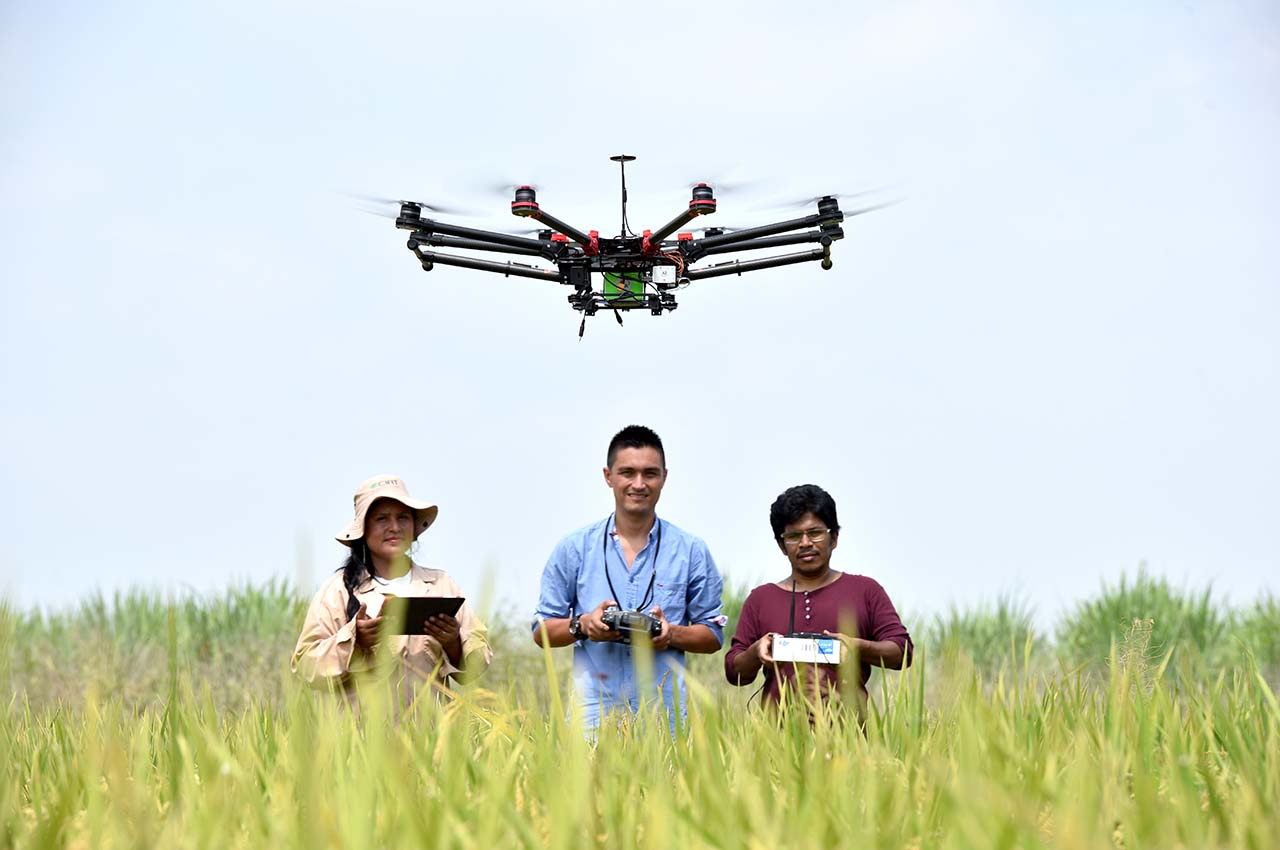During the last three years and the current year Indian Council of Agricultural Research (ICAR) and National Agricultural Research System (NARS) has taken initiatives for innovation and development of new technologies in the farm sector across the country, informed Union Minister of Agriculture and Farmers’ Welfare, Shri Narendra Singh Tomar, in a written response in the Lok Sabha.
These include genetic enhancement of plants, animals, and fish for higher productivity under increased intensity of biotic and abiotic stresses, productivity enhancement through sustainable intensification, productivity enhancement through mechanization of agriculture and food system, enhancing value, safety and income through food processing, development of energy efficient technologies, farming practices, and promoting technology transfer to the farmers and stake holders.
Over the past nine years, a total of 2122 varieties have been released of food crops, oil seeds, pulses, commercial crops, horticultural crops, potential crops, and fodder crops which has not only stabilized the production but also increased the productivity and production of food grains in India besides other production and protection technologies.
ICAR and Department of Agricultural Research and Education (DARE) are the apex coordinators for NARS. It comprises 98 agricultural research institutes, 5 deemed universities and 3 central agricultural universities besides 63 state agricultural universities, 4 universities with agriculture faculties mandated for developing, testing and refining new technologies in agriculture sector.
To provide information about these developed technologies to the farmers, the government has established a network of 731 Krishi Vigyan Kendras (KVKs) at district level which are coordinated by 11 Agricultural Technology Application and Research Institute (ATARI). The KVKs are mandated to provide information about new technologies developed in agriculture sector to the farmers.
The major activities undertaken by the KVKs include on-farm testing of location-specificity of technologies under various farming systems; frontline demonstrations to establish the production potential of improved agricultural technologies on the farmers’ field; capacity development of farmers for knowledge and skill upgradation; providing farm advisories on varied subjects of interest to farmers using ICT and other tools; production and distribution of quality seeds, planting materials and other technological inputs to farmers.
Besides, government is also implementing a centrally sponsored scheme namely Agricultural Technology Management Agency (ATMA), which aims at making available the latest agricultural technologies in different thematic areas to increase agricultural production through extension activities such as farmers training, demonstrations, exposure visits, Kisan Mela, mobilization of garmers groups and setting up farm schools. During the last three years and the current year training of 62.99 lakhs farmers, 1.49 lakhs on-farm trials and 10.29 lakhs field level demonstrations were conducted by the KVKs and ICAR Institutes.
The available technologies are disseminated through training programmes, Front Line Demonstrations (FLD), On-field Demonstrations (OFD), skill development programs, supplying literatures and handouts to the farmers and farm women, rural youth and in-service extension personnel.


























